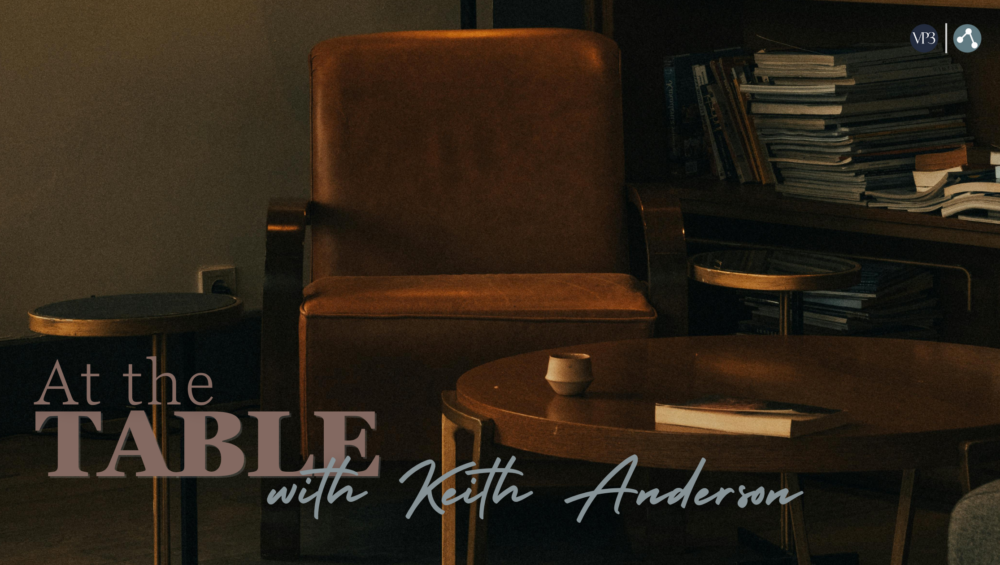Lent: The Prophetic and Poetic Paths Part 2
Poetic Path
Kathleen Norris frames Lent as a time of remembering or returning and embracing the rhythms of monastic practice. It is a time, she would say, for contemplation and spiritual discipline. As a poet and Benedictine, she sees Lent as a time to return to silence, simplicity, and a deep awareness of God’s presence. She even speaks of the Lenten experience as something like the desert experience, recognizing that both dryness and struggle are part of the spiritual journey. One of her primary practices is lectio divina, which is the slow, meditative reading of scripture.
Following today’s blog, you will find an outline for the practice of lectio divina by which we allow the words of scripture to shape the heart and imagination, something essential in this age of distraction. Like Peterson, she would say that fasting is a practice of detachment, not merely from food, but anything that keeps one from being fully present to God, including our busyness, perfectionism, self-doubt, and abstracted faith.
Prophetic Path
Walter Brueggemann looks to the prophetic traditions of the Hebrew Bible and sees Lent as a season where believers are called to resist the dominant narrative, as he would call them, of empire: materialism, individualism, and injustice. Therefore, he would say we fast not just from food but from the illusions of security, control, and excess that define our modern culture.
One of his essential Lenten practices is simply truth-telling. Lent invites believers to examine the lies that they have accepted about themselves, society, or about God. This requires engaging deeply with the Bible, particularly the prophetic voices that call for justice, mercy, faithfulness, and care for the widow, the orphan, and the stranger in the land. Read More




